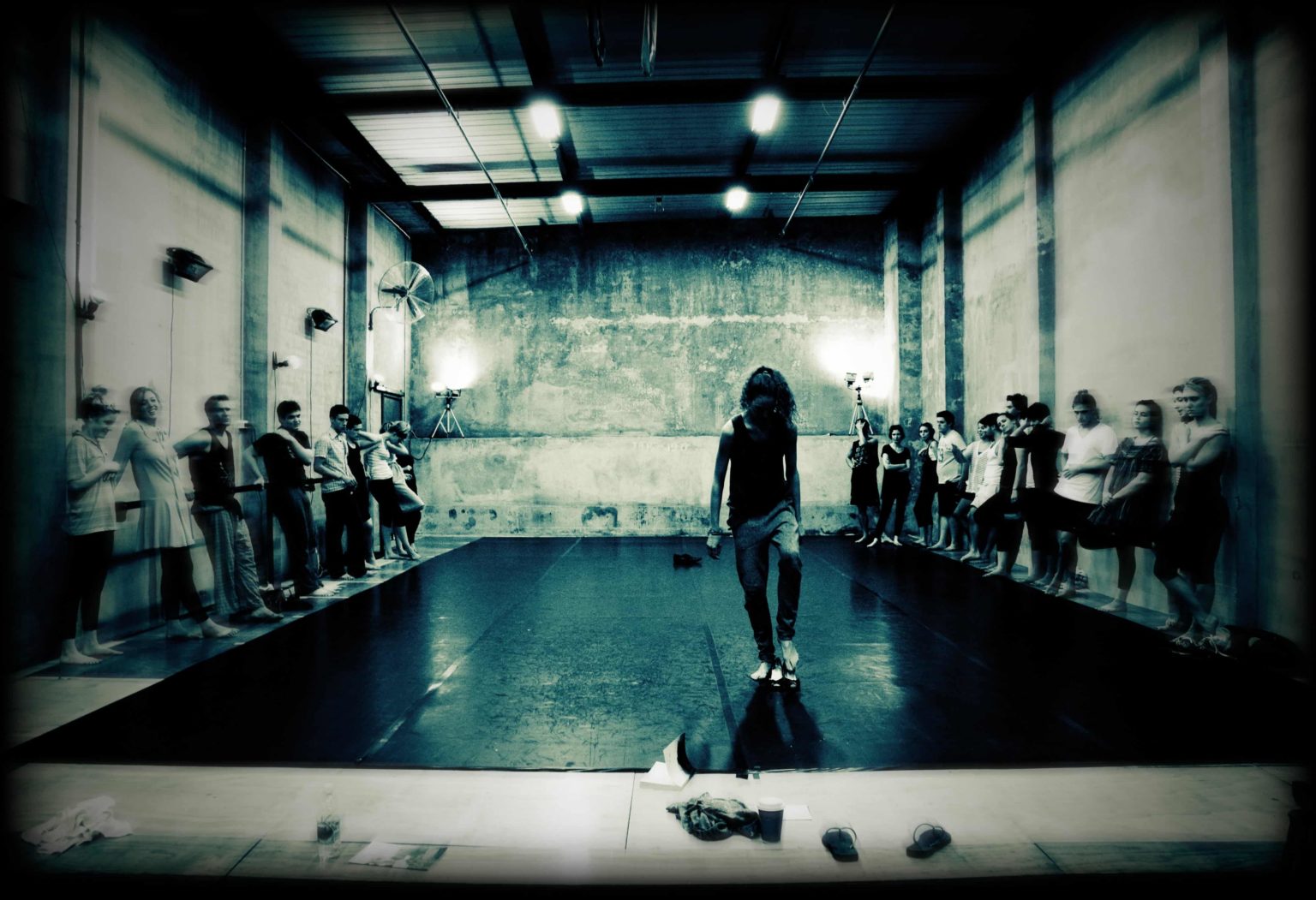“If you are serious about making acting your chosen career, then vocational industry training is extremely important. Where you train, how you are trained, and what the training consists of, should all be considered. Even though over 200 graduates are released into the industry each year, it all comes down to what happens when the red light goes on the camera in the screen test or you step onto the stage at the audition – this is the moment when your skills, talent, instincts and your sense of purpose need to kick in. Your ability to embrace all the aspects of acting – to bring the character and the situation to life physically, vocally, emotionally, and psychologically – transports the audience into a bold, new reality.
If you’re looking at drama schools such as ACA, NIDA, VCA, WAAPA, QUT and others over the next few months, be sure to consider the following:
· A school is only as good as its staff. Make sure you’re getting the best people guiding, challenging, and supporting your growth as an artist. Ideally, you want tutors who love and are passionate about imparting their knowledge. Having a staff who hold a similar philosophy is paramount. Principles and values are profoundly important, particularly in a performing arts training facility and the staff should both reflect and instil them. Read all you can in the brochures, on websites and, where possible, talk to graduates, staff and people working in the industry including casting directors and agents to hear their perspective. Everyone will have a different opinion but it will certainly help you form an impression.
· Being able to be your best. Content in acting class is one thing, environment is altogether something else. When the environment offers you an equal mix of strong support, alongside high challenge, we can not only do our best work, but be proud of what we achieve and want to work even harder. When you’re encouraged and feel a genuine enthusiasm guiding you, as well as offered high challenges that call you to truly excel and which take you beyond what you imagined and into a new realm of achievement, then this is precisely where high performance exists. Whatever the field, whatever the discipline being taught, whether in sport or theatre, this magic mix produces the best results. In your audition and/or dealings with the individual schools, you will feel instinctively whether you’re being invited into a place where you will be able to perform at your very best. Content along with how it is taught, create the environment in which you can thrive – not just survive.
· Industry skills on command. In the end, each graduate completes their training and should have the exact and necessary skills to walk onto a set or stage and do exactly what is required. What is technique? It’s precision under pressure. Therefore your vocal, physical, emotional and psychological technique needs to be industry-ready by the end of your course. If not, you won’t be in the running to get the gig. Try and get along to see the graduate showcase and student productions, and ask for a copy of the most recent graduate showreels. I’m not speaking about production values, I’m talking about each actor’s skills and abilities. Sitting and objectively watching the graduates in their showreels will be a great reflection on the training and its value. Remember, most work in the industry is in the film/tv mediums.
Training to be an actor is a once in a life-time pursuit. Giving up a significant amount of money and invaluable time is a big step. You will carry what you learn and how you have grown as a person as well as an artist with you for the rest of your life. It’s an exciting, confronting and life-changing experience. The calling to be an actor is great – everyone deserves for that calling to be embraced with respect and honour.
Best wishes in all of your creative endeavours…”
Dean Carey


